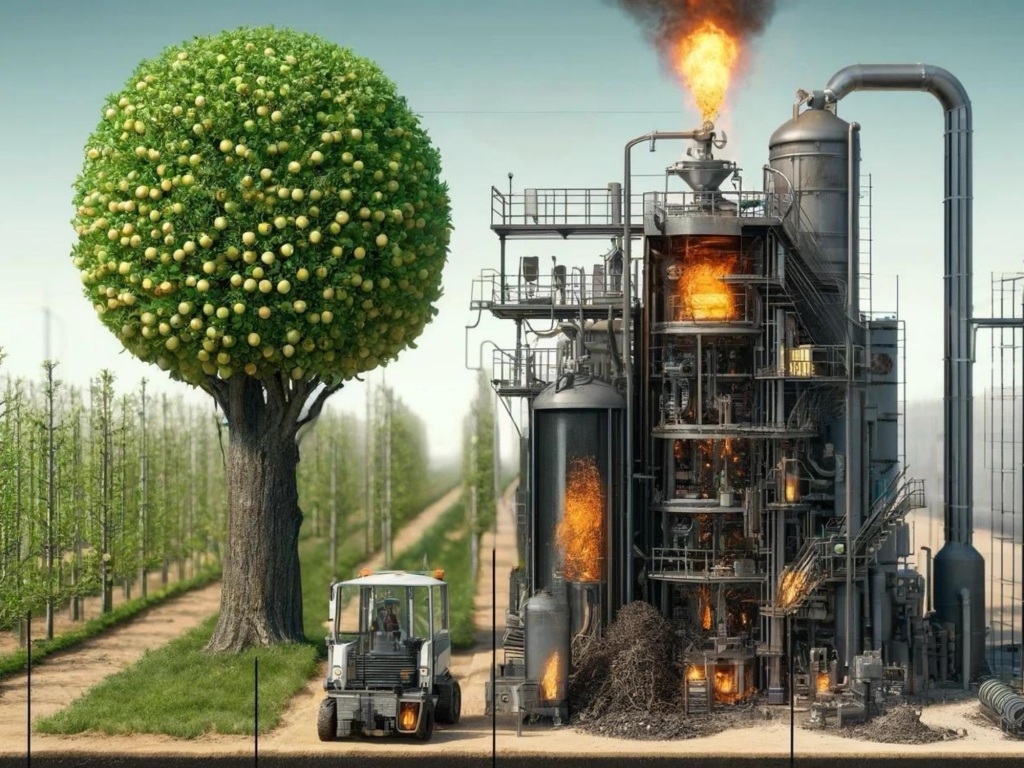Han, et al (2024) Quantifying the negative effects of dissolved organic carbon of maize straw-derived biochar on its carbon sequestration potential in a paddy soil. Soil Biology and Biochemistry. https://doi.org/10.1016/j.soilbio.2024.109500
A recent study published in Soil Biology and Biochemistry investigates the impact of dissolved organic carbon (DOC) from maize straw-derived biochar on carbon sequestration in paddy soil. The research highlights several key findings regarding how biochar-derived DOC (BDOC) influences soil organic carbon (SOC) mineralization and the overall carbon balance.
The study found that BDOC increased SOC mineralization by 15-20%, primarily through co-metabolism. This increase in SOC mineralization resulted in a 7-8% reduction in the net carbon balance of biochar. The presence of BDOC also altered the priming mechanisms of biochar, shifting the dominant processes involved in SOC decomposition.
Interestingly, BDOC was shown to enhance soil macroaggregates by 16-25%, which are crucial for soil structure and health. However, it also reduced the sorption capacity for SOC by 68-122%. This suggests that while BDOC contributes to soil aggregation, it may also facilitate the release of SOC, thus impacting long-term carbon storage.
Additionally, the microbial communities in soils with BDOC-extracted biochar were found to be dominated by fungi and Gram-positive bacteria. This shift in microbial populations indicates that BDOC influences not just the chemical but also the biological dynamics of soil.
The findings suggest that extracting BDOC from biochar could be a viable strategy to enhance its short-term carbon sequestration potential. This research provides valuable insights into the complexities of biochar’s role in carbon sequestration and highlights the need for further studies to optimize biochar use in sustainable soil management.






Leave a comment